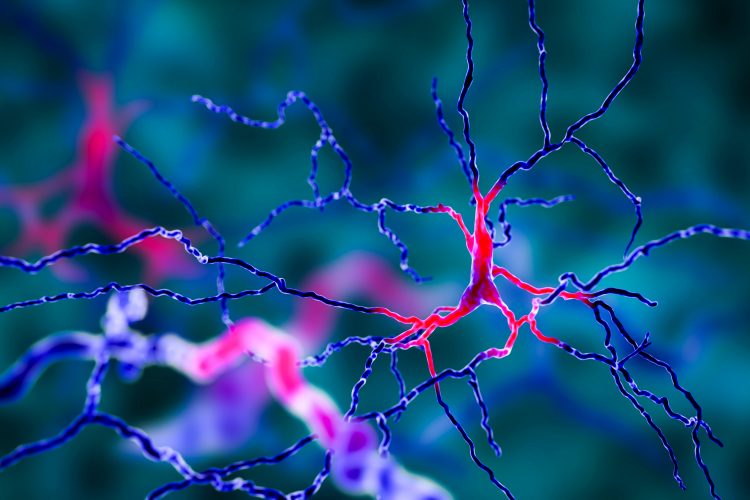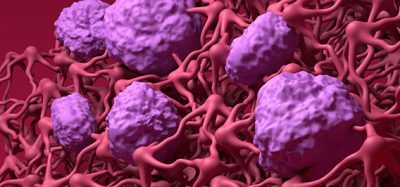New cell discovery shakes up neuroscience
Posted: 12 September 2023 | Drug Target Review | No comments yet
Scientists have identified a novel cell type that combines astrocytic characteristics with the machinery for synaptic transmission. This discovery resolves years of debate in the field.

The field of neuroscience is undergoing a profound transformation. Traditionally, the brain’s cellular makeup was categorised into neurons and glial cells. However, a previously unknown hybrid cell, bridging the gap between these categories, has been discovered. Neurons have long been recognised as the primary drivers of brain function, while glial cells support them through various roles. Astrocytes, a type of glial cell, have been suspected of playing an active role in synaptic transmission, but research has yielded inconclusive results.
Now, scientists from the University of Lausanne and the Wyss Center for Bio and Neuroengineering have identified a novel cell type that combines astrocytic characteristics with the machinery for synaptic transmission. This discovery resolves years of debate in the field.
To confirm this discovery, researchers examined the molecular content of astrocytes and found evidence of the machinery required for glutamate release, a neurotransmitter used by neurons. They also demonstrated that these hybrid cells can release glutamate, influencing synaptic transmission and neural circuits. Disrupting these cells has implications for memory and conditions like epilepsy, suggesting potential therapeutic targets for disorders such as Parkinson’s disease.
This finding opens new avenues for research, including the study of these cells’ protective role in Alzheimer’s disease and their involvement in various brain regions and pathologies beyond those explored in the current study, published in Nature.
Related topics
Neurosciences
Related conditions
Alzheimer's disease (AD), Parkinson's disease (PD)
Related organisations
University of Lausanne, Wyss Center for Bio and Neuroengineering







